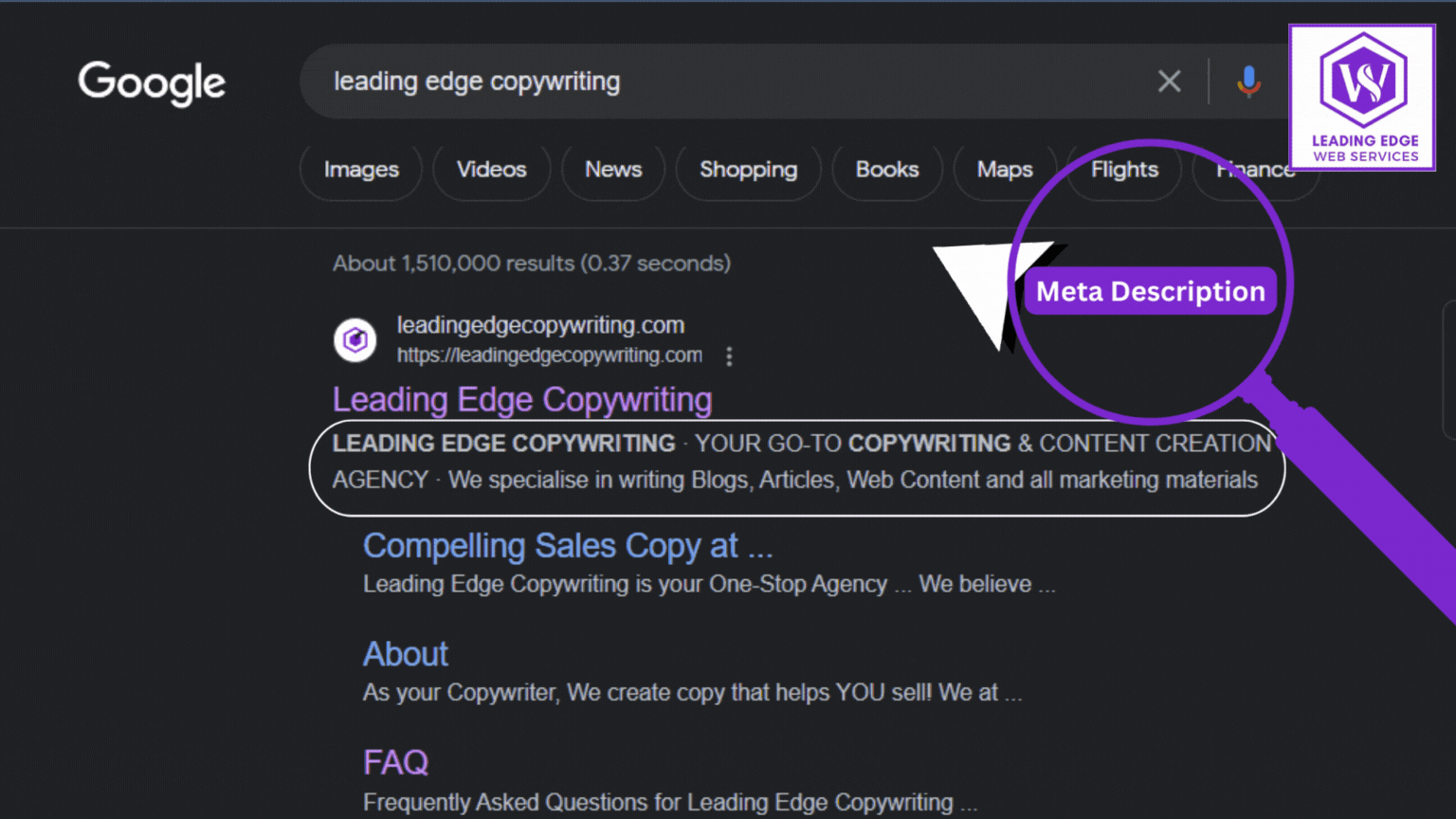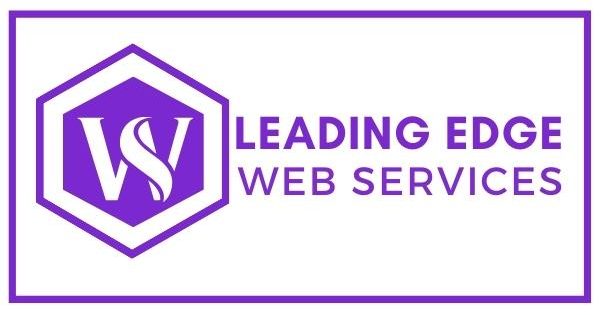
The significance of Meta descriptions in attracting organic visitors to your site is paramount. Crafting compelling Meta descriptions is not only about pleasing search engines but also about captivating your audience.
In this article, we will guide you through practical tips to write impactful Meta descriptions that make Google fall in love with your page. Let’s unlock the secrets of creating Meta descriptions that engage and convert!
Understand the Power of Meta Descriptions
The brief text that shows up beneath the title of a page in search engine outcomes is known as a Meta description. It provides a concise summary of your web page’s content to entice users to click through. Well-written Meta descriptions can significantly improve your click-through rates and boost your website’s visibility.
When someone searches for a specific keyword or phrase, search engines display a list of relevant results. The Meta description serves as a preview of what users can expect on your page. It’s your opportunity to make a strong first impression and convince users that your content is worth exploring.
If you’re a commercial cleaning service targeting businesses, your Meta description could highlight the benefits of your services, such as “Enhance workplace productivity with our professional commercial cleaning services, creating a spotless and sanitised environment that transforms your workspace.”
Keep It Concise and Compelling
When it comes to Meta descriptions, brevity is key. Aim for a Meta description length of around 150-160 characters to ensure it is fully displayed in search results. So, create a concise and captivating description that accurately represents the content of your page. Content.
Highlight Unique Selling Points
Let’s say you’re a commercial real estate company promoting office spaces. Your Meta description could highlight the advantages of your properties, such as “Find Your Perfect Office Space in a Prime Location, Modern Amenities, with Flexible Lease Options to Take Your Business to New Heights.”
Incorporate Relevant Keywords
For instance, if you’re a travel agency promoting vacation packages, your Meta description couldevoke a sense of wanderlust and adventure, such as “Escape on a journey to Paradise – Discover exotic destinations, immerse yourself in unforgettable experiences, and create memories that last a lifetime.”
Test and Optimise
By continuously testing and refining your Meta descriptions, you can maximise their effectiveness
and drive more traffic to your website.
Writing effective Meta descriptions is a skill that can significantly impact your website’s visibility and click-through rates. By following these practical tips, you can create Meta descriptions that not only please search engines but also engage your audience.
Remember to keep them concise, compelling, and tailored to your target audience’s needs.
With a little effort and experimentation, you can master the art of Meta description writing and make Google fall head over heels for your page.
Need help creating Meta descriptions for your website? Let me know, and I’ll be happy to assist you!
